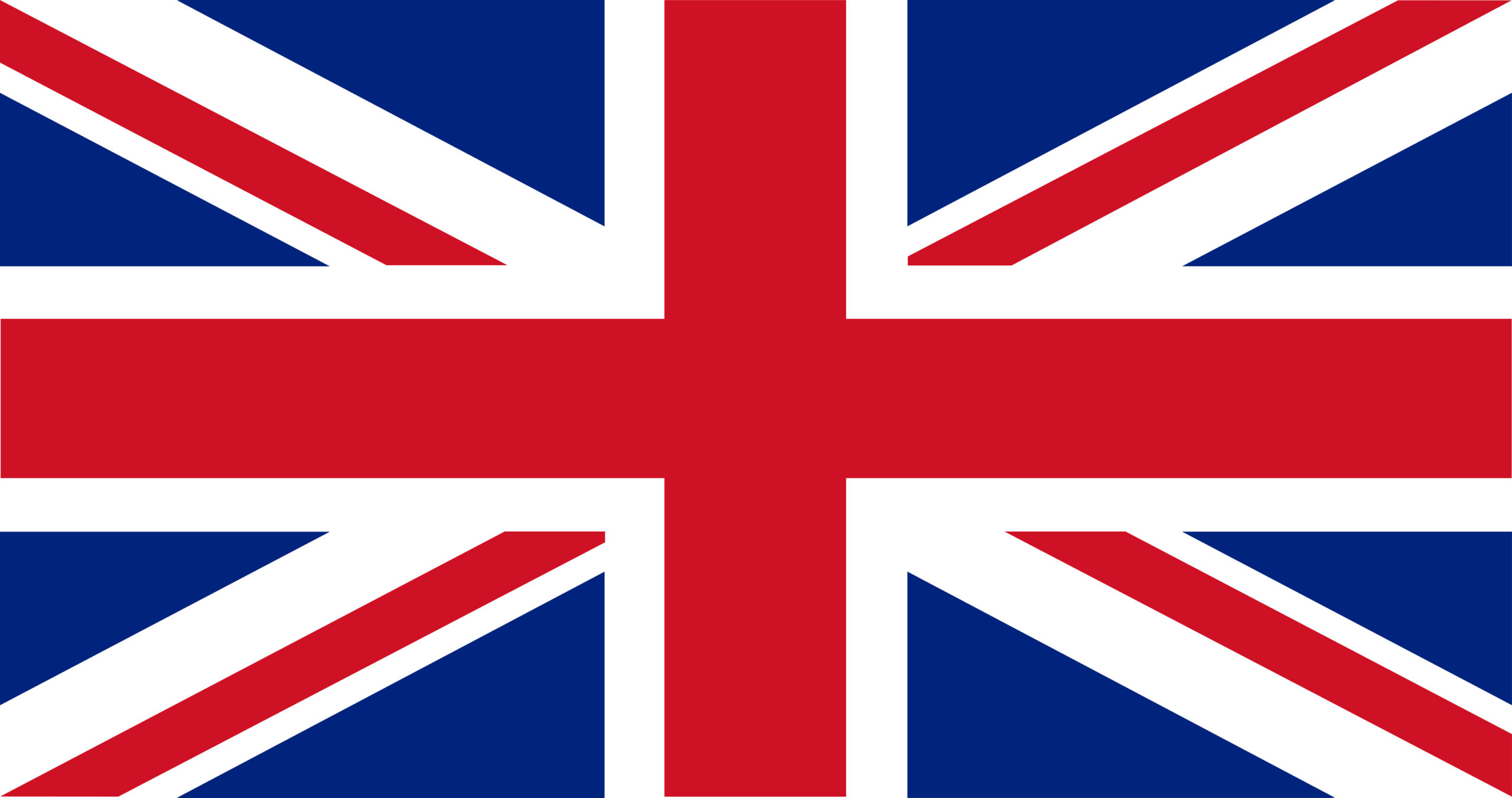Study In Canada
Canada is one of the most promising study destinations for international student. The kind of educational facilities in this paradise of a country is outstanding, and the welcoming nature of Canada and its citizens make it a country many students plan to come and study. Here is a detailed overview of what Canada has to offer not just with its academics, but also the overall student life, campus, and Canada as a country.

Education In Canada
- Overview
- Education System
- Tuition Fee & Study Cost
- Visa Information
- Career Prospects
- Work Rights
- Universities
- Permanent Residency
Overview
Well, the titles of longest coastline, largest maple syrup producer, most accessible polar bear population, and the most multicultural city go to Canada. People from around the globe come to Canada to experience the cold climate, good-quality air, and stunning landscape. No prior descriptions can match the feeling of truly witnessing the beauty Canada has to offer. In recent years, Canada has emerged as an international hub for students to come and study because of its superior education system and top-notch universities. Canada is no more just a tourist attraction, but also a land of opportunities for aspiring students.
- Capital: Ottawa
- Currency: Canadian dollars
- Languages spoke: English, French
- Area: 9.985 million km2
- Students: 1.4 million
- Academic year: August – July
- Time zone: Canada (GMT-4)
Canada is known for its prime educational institutes. Canada ranks among the highest in international measurements of government transparency, civil liberties, quality of life, economic freedom, and education. Universities in Canada come under the top 100 ranking universities worldwide.
The Canadian education system provides one of the world’s best educational facilities and maintains a consistently high standard. It draws students from all over the world due to the kind of legacy it has built over the years.
- 11 out of 250 universities worldwide are from Canada. Canadian universities rank in the top 100 ranking universities. It is an international hub for students pursuing their goals abroad.
- The welcoming nature of Canadian citizens has made it easy for international students to adjust and get comfortable with the environment. Each student is treated the same as a Canadian student would be treated.
- Canada is becoming a melting pot of cultures, the number of international students has kept on increasing every year, and this has made Canada more diverse and versatile.
- The professors and other faculty working in Canadian educational universities are all trained and experienced in many fields. They are versatile and effective in their work because of the kind of standards Canadian universities maintain.
The provisional government of Canada governs the educational sector respectively, and there is almost no interference from the central government body. This allows provinces to have their regulations, and academic structure, and also tuition fees may vary accordingly.
Provinces and territories in Canada
Ten provinces and three territories form together and function under the country of Canada. Concerning educational institutes and their laws and regulations, the provinces have a lot of freedom as the central government doesn’t interfere much in those cases.
- Alberta
- British Columbia
- Manitoba
- New Brunswick
- Newfoundland and Labrador
- Nova Scotia
- Ontario
- Prince Edward Island
- Quebec
- Saskatchewan
These are the ten provinces in Canada and they include cities under them. However, this isn’t it. Three territories are also added to the list of all the provinces and territories that make Canada a whole country.
- Yukon
- Nunavut
- Northwest Territories.
Major Industries
- Aircraft Industry.
- Pharmaceutical and Medicines manufacturing.
- Real estate.
- Mining, Quarrying, and Oil and Gas extraction.
Tuition fees at Canadian universities are considerably cheaper than in most other English-speaking countries. Canada has structured its education system in such a way that tuition fees can be affordable for students from all sectors of the world.
- The average tuition fees for undergraduate international students are 29,714 CAD per year and the average postgraduate tuition fee for international students is 17,744 CAD.
- There are plenty of scholarships and grants for students to apply for.
- Tuition fees may vary depending on the universities and provinces.
To study in Canada a study permit or temporary resident visa is required. Canada like all other foreign countries has a process for applying for a visa, and it is necessary to get a study permit or temporary resident visa to be able to enter the country.
Students can only apply for a visa or study permit once they have received a letter of acceptance (LOA) from a higher education institute in Canada.
Documents required for application for a study permit/temporary resident visa
- Letter of acceptance from an institute in Canada.
- A valid passport.
- IELTS examination certificate
- Your photograph in the requested format, and number.
- Academic preparation documents such as transcripts, diplomas, degrees, or certificates.
- Evidence that you have sufficient funds to maintain your living expenses throughout your stay in Canada.
- Bank statements.
- Financial undertaking by a sponsor to cover your accommodation and living costs.
- Evidence that you will leave Canada once you have completed your course of study.
Applying for Visa
Students can apply for a Canadian study permit online or through a paper application, which can be obtained from the Citizenship and Immigration Canada CIC website.
- Students must first acquire LOA from the institute.
- Students must obtain a Canadian student visa application package, from CIC or by contacting a local visa office, or the Canadian embassy or consulate in their home country.
- Answer the questions asked on the website to check eligibility.
- Students will receive a personal checklist code if found eligible, which must be used to apply.
- Create a MyCIC account, where the students will enter their personal checklist code. They will then receive a personal document checklist allowing them to upload and send documents to CIC.
- After all these steps the student can pay the fees and submit the completed application to CIC.
- Some applicants may have to attend an interview at their local visa office.
The visa process takes about three to four weeks, and can sometimes be quite a stretch. But patience indeed delivers the best. There are deadlines for when visa applications must be sent.
- Spring Intake: 1st of December.
- Summer Intake: 1st of April.
- Fall Intake: 1st of August.
The cost of a visa application is about 235 CAD, online or offline.
Students can be eligible to work while studying if the study permit includes the conditions to do so. Students can start working in Canada once they begin their academic year. It is illegal to work before the studies have started.
Work on or off campus
As student permit holders, students will be able to work and/or off campus without getting a work permit. However, it is important to meet the requirements before applying for a job.
Work as a co-op student or intern
Students will be required to get a work permit if their study program has a co-op or internship placement. S1 visa is a study visa only. However, an SW1 visa is Study and Work visa which needs to be upgraded during the co-op period.
Work after you graduate
Students can apply for Post Graduate Work Permit (PGWP) to constitute work in Canada after completing their graduation.
Process of applying for PGWP
Students have up to 180 days after graduating to apply for a PGWP.
When students apply, they must confirm the following:
- Attendance and completion of the program.
- The name of the program.
- The length of the program.
This can be confirmed by submitting any of the following:
- Degree or diploma.
- Transcript.
- An official letter from the institute.
If the study permit will expire before the student receives the marks, then they have two options.
- Apply for a visitor record to stay in Canada longer.
Canada is home to more than 400 Universities and Colleges to choose from, all of them just as good and just as consistent. Here is a list of the very best Universities/Colleges in Canada.
- University of Toronto.
- McGill University.
- York University.
- Humber College.
- Centennial College.
Universities with Reasonable Fees
Canada has so a lot of universities and courses to choose from, this gives the students the to choose a university that suits them best academically and financially. Here are some universities with reasonable tuition fees.
- Brandon University.
- Canadian Mennonite University.
- Memorial University of Newfoundland.
- University of Guelph.
- University De Saint-Boniface.
A permanent Canada visa lets the holder stay in Canada permanently. It works like an immigration visa, similar to a green card in the USA. Getting PR is a serious goal for many international students studying in Canada, as that is the pathway to be allowed to any province of Canada, life, work, or study there. With the permanent Canada visa, the holder is officially considered a Permanent resident of Canada.
Types of permanent Canada visas
- Finding a permanent job in Canada: The most attainable way to get a Permanent Canada Visa is to find a job in the country. Different programs will lead to such a visa.
- Federal Skilled Trades Program.
- Federal Skilled Worker Program.
- Provincial Nomination Program.
- Quebec-Selected Skilled Worker Program.
- Getting sponsored by your family: If you have family in Canada like a spouse, parent, or children who are Canadian citizens or permanent residents, then you can get sponsored by them and call for a family union. This helps in getting a Family Sponsorship Program which allows you to become a permanent resident of Canada.
- Opening a business or investing in Canada: The Canadian economy is continuously developing and if you are a business person who can contribute to it with resources, then you can get one of the Canadian Permanent Visas.
- Immigrant Investor Program.
- Immigrant Investor Program -Entrepreneur Program.
- Self-employed Persons Program.
- Other permanent visas: The Canadian economy is continuously developing and if you are a business person who can contribute to it with resources, then you can get one of the Canadian Permanent Visas as follows.
- Live-in Caregiver Program.
- Canadian Experience Class.
Benefits of PR in Canada
As a Canadian resident, you are eligible for a lot of benefits
- You can get most social benefits that Canadians get such as health care coverage.
- You can live, study, or work anywhere in Canada.
- You get protection under Canadian law and the Canadian Charter of Rights and Freedoms.
- You can apply for Canadian citizenship once you are eligible.
Canada: A place like nowhere else
Canada is no more just a country with numerous lakes and thick forests. The country has developed itself in the sector of education and reached an exponentially high superior level of academic studies. The competitive nature of its universities and courses adds up to the kind of competition that students will face during job hunting.
Canada is a place where you see a mix of bustling city life and a serene landscape. From Niagara Falls to the Royal Ontario Museum, the country waits for you to explore. All these assure you better living standards and job opportunities.
Avail a Free Consultation from Our Experts Today!
Our Office
![]()
LONDON OFFICE
1 Hanger Green, Park Royal Station, W53EL
Tel : 0044 203 880 7007
![]()
INDIA OFFICE
The Bureau, 5th Floor, above SBI Bank, Chembur Naka, Chembur, Mumbai, Maharashtra 400071
Tel : +91 9773438789
© 2022 BACK2STUDY, ALL RIGHTS RESERVED


